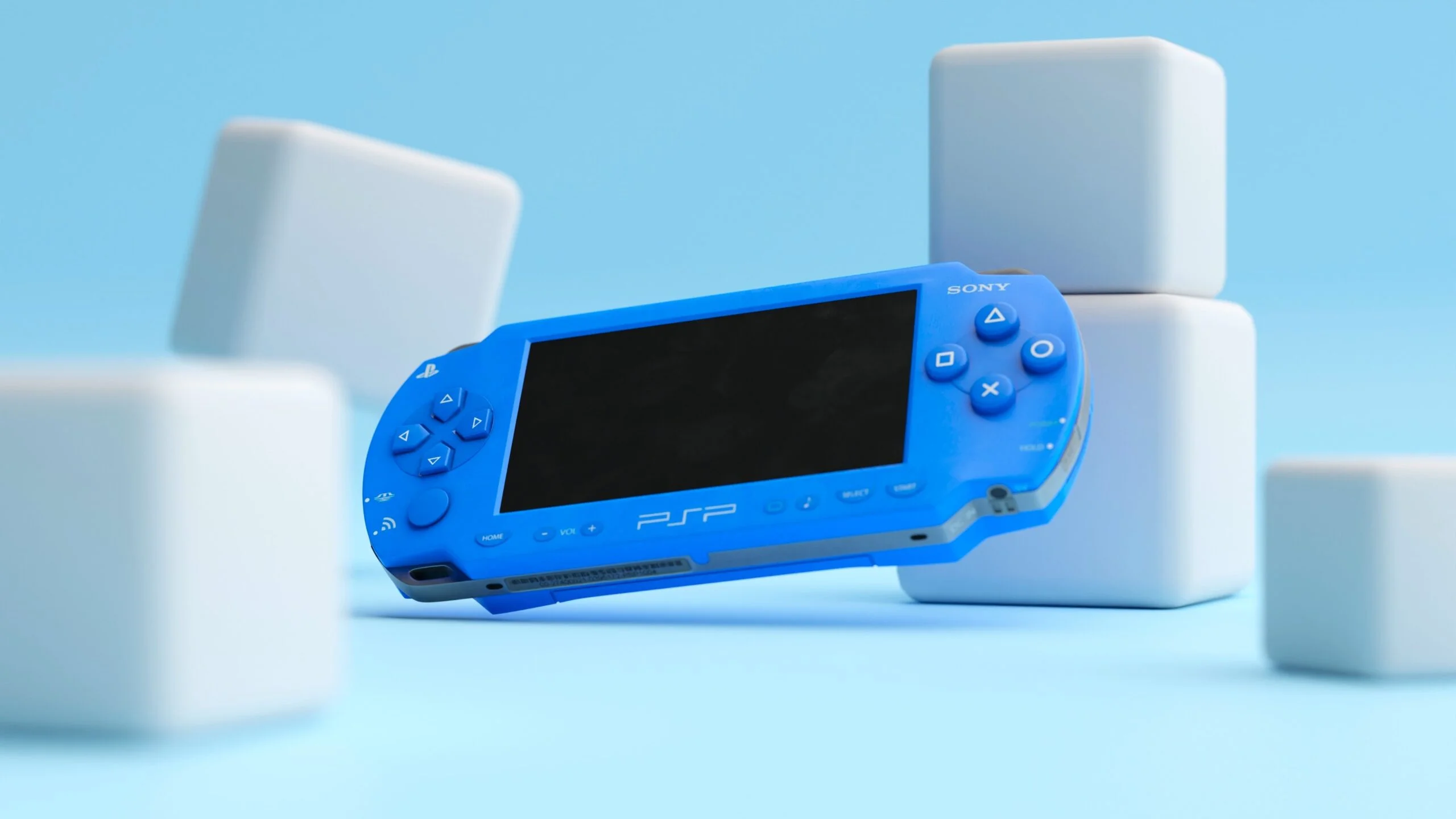LitArb
Is Game Cheating Legal? German Court Submits Questions to CJEU!
In the world of gaming, the use of cheat software has sparked a legal debate with significant implications. Cheat software allows players to manipulate the game in unintended ways. In February 2023, the Bundesgerichtshof (the German Federal Court of Justice) has referred a matter of cheating to the European Court of Justice.

Cheat Software: A Quick Overview
Cheat software, often used by players to gain an upper hand, changes the fundamental rules of a game. This manipulation is usually facilitated by external programs. By bypassing in-game restrictions, players can overcome challenges in ways not intended by the developers, making difficult levels more manageable, speeding up progress or gaining an advantage.
Legal Showdown: Sony vs. Cheat Software Developers
Sony, a major games console manufacturer, took on the developers and sellers of cheat software. The dispute revolved around the question of whether the use of cheat software constitutes a transformation of a computer game under copyright law. Specifically, the issue was whether cheat software altered a game within the meaning of Section 69c No. 2 of the German Copyright Act.
The dispute: “Motorstorm Arctic Edge” and “Action Replay PSP”
The specific case concerns the game “Motorstorm Arctic Edge” for Sony’s mobile game console the PlayStation Portable (PSP). The disputed software – “Action Replay PSP” – changed the parameters and features of the game, allowing players, for example, to use an unlimited “Turbo Booster” for cars or to select additional drivers that would have been available only later. The cheat functions in a way that it modifies the software within game console’s memory (RAM). This was done by connecting the console to a PC, inserting a pre-manufactured memory stick, and writing the cheat software into the console’s memory. After restarting the game, players could make changes to the game using the “Action Replay” menu.
Two interpretations of Copyright Law
Two opposing interpretations emerged. One perspective argued that any manipulation of the flow of a game, even through temporary changes in memory, was an infringement of copyright. This interpretation sought to protect the originality and creative efforts of developers.
The opposing view is that only substantial changes to the source code qualify as transformations under copyright law. According to this interpretation, changes limited to the data in a game’s memory – and not the source code – would not constitute an infringement.
The German Federal Court of Justice Decision
The Federal Court of Justice has suspended the proceedings and referred the following questions to the Court of Justice of the European Union (CJEU) for a preliminary ruling:
- Does the scope of protection of a computer program under Article 1(1) to (3) of Directive 2009/24/EC extend to cases where neither the object code nor the source code of a computer program or its reproduction is altered, but another program running concurrently with the protected computer program alters the contents of variables which the protected computer program has created in the memory of the computer and uses in the course of the program?
- Is there an alteration within the meaning of Article 4(1)(b) of Directive 2009/24/EC where neither the object code nor the source code of a computer program or its reproduction is altered, but another program running concurrently with the protected computer program alters the contents of variables which the protected computer program has created in the memory of the computer and uses in the course of the program?
Implications and Outlook
The eagerly awaited decision of the European Court of Justice will clarify the interpretation of cheat software in computer games with regard to the concept of transformation in copyright law.
This decision will also have a significant impact on the legal consequences of the distribution and use of cheat software, particularly in Germany, but also in the European Union. Indeed, the decision will not only affect the parties directly involved in the case, but will also set a precedent for future cases involving similar legal issues.
(Decision of 23 February 2023 – I ZR 157/21 – Case Action Replay)













